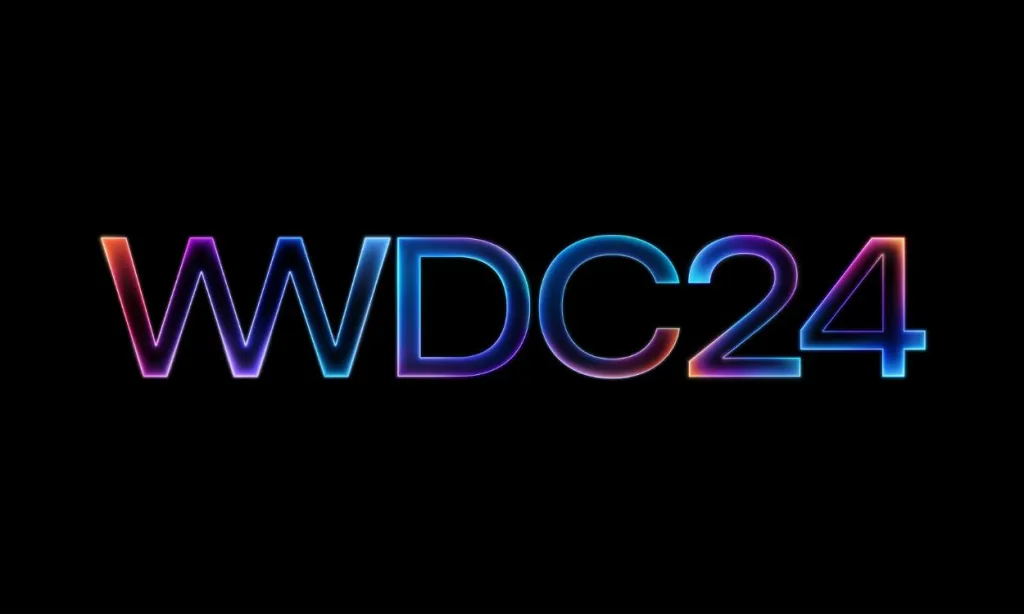Apple WWDC 2024, Siri overhaul, Apple AI integration, Apple Intelligence, iPhone AI features, Apple Watch updates, Vision Pro software, iOS 18 updates, Apple and OpenAI collaboration, WWDC keynote highlights
Discover the groundbreaking AI integrations and major Siri overhaul Apple revealed at WWDC 2024. Learn about the new Apple Intelligence system, enhanced apps, and customization options set to revolutionize user experience while maintaining top-notch privacy and security.

Apple Inc. is gearing up to showcase its ambitious vision for artificial intelligence (AI) at the Worldwide Developers Conference (WWDC) 2024. Historically, Apple has entered new product categories after they have become established, subsequently revolutionizing them with its design and user experience expertise. This approach has been evident with the iPhone, Apple Watch, and Vision Pro. This year, Apple aims to make a significant impact with AI integration, while maintaining its commitment to privacy and security.
Apple Intelligence: The Highlight of WWDC 2024
According to Bloomberg, the keynote, scheduled to begin at 10 a.m. Pacific time, will prominently feature Apple’s new AI system, Apple Intelligence. This system will be integrated into the upcoming versions of the iPhone, iPad, and Mac operating systems. Apple has reportedly partnered with OpenAI to power a ChatGPT-like chatbot, marking a significant collaboration in the tech industry. Additionally, updates for the Vision Pro headset, Apple Watch, and TV platforms will be unveiled.
Key AI Integrations
Apple’s AI strategy involves embedding artificial intelligence into numerous apps to enhance everyday user experiences. Unlike flashy AI technologies that generate images or videos, Apple’s approach focuses on practical features that appeal to a broad audience. These new capabilities will be optional, allowing users to enable them at their discretion. The features will initially be introduced in a beta version, requiring users to have an iPhone 15 Pro or newer, or an iPad or Mac with at least an M1 chip.
The AI functions will utilize both Apple’s own technology and OpenAI’s tools, employing either on-device processing or cloud-based computing, depending on the task. Despite previous criticisms of cloud-based data processing, Apple is expected to emphasize the robust security measures in its data centers, including secure chip features, to mitigate privacy concerns. Apple will assure users that it will not build user profiles from their data and will provide transparency reports to confirm that personal information remains private and secure.
AI-Powered Summarization and Assistance
One of the standout AI capabilities is summarization. Users will be able to quickly recap articles and web pages in Safari, as well as summarize meeting notes, text messages, and emails. A new catch-up feature will enable users to review missed notifications efficiently.
Moreover, AI will enable the iPhone to generate automatic responses to emails and text messages. Siri, Apple’s voice assistant, will receive a significant overhaul with large language models, enhancing its ability to control individual features and actions within apps. Users will eventually be able to issue complex commands involving multiple actions, though this feature may not be available until next year.
Xcode, Apple’s app development software, will also see AI integration similar to Microsoft’s GitHub Copilot, which assists in code completion. However, this feature is expected to be released to third-party developers next year.
Enhanced Apps and Customization
Several apps are likely to receive significant updates. The Mail app is expected to gain a feature to automatically categorize incoming messages, similar to Gmail. Voice Memos will include automatic transcription capabilities, bringing it in line with competitors. The Photos app will incorporate new AI-powered editing tools for enhancing images or removing unwanted elements.
In a move to offer more customization, iOS 18, codenamed Crystal, will likely allow users to place app icons freely on the home screen and customize icon colors. This represents one of the most significant updates to the iPhone home screen since its inception. The Control Center will also see improvements, including the ability to rearrange shortcut buttons and new widgets.
The Settings app could undergo a redesign for better navigation and organization, while the Messages app will introduce new effects, Tapback options, and the ability to schedule messages. Apple will also launch a Passwords app, an alternative to 1Password and LastPass, building on its existing iCloud Keychain feature.
Looking Ahead
While WWDC typically focuses on software, hardware announcements are also possible. However, no major hardware reveals are expected this year. Instead, the conference could lay the groundwork for future products, such as new health features for upcoming Apple Watches and enhanced AirPods set to launch later this year. The AI features announced will support the sales of new iPhones and Macs with upgraded chips in the coming year.
Apple’s commitment to privacy and security remains a core aspect of its AI strategy. By integrating AI deeply into its ecosystem, Apple aims to enhance user experience while maintaining user trust. The partnership with OpenAI and the introduction of Apple Intelligence signify a bold step forward for Apple in the AI domain, setting the stage for a future where AI is seamlessly woven into the fabric of daily life.
In conclusion, WWDC 2024 promises to be a landmark event for Apple, showcasing significant advancements in AI integration across its products and services. With a focus on practical applications, privacy, and user customization, Apple continues to push the boundaries of technology while staying true to its core values. As the tech world eagerly anticipates these announcements, it is clear that Apple is poised to make a substantial impact in the realm of artificial intelligence.
Read More-